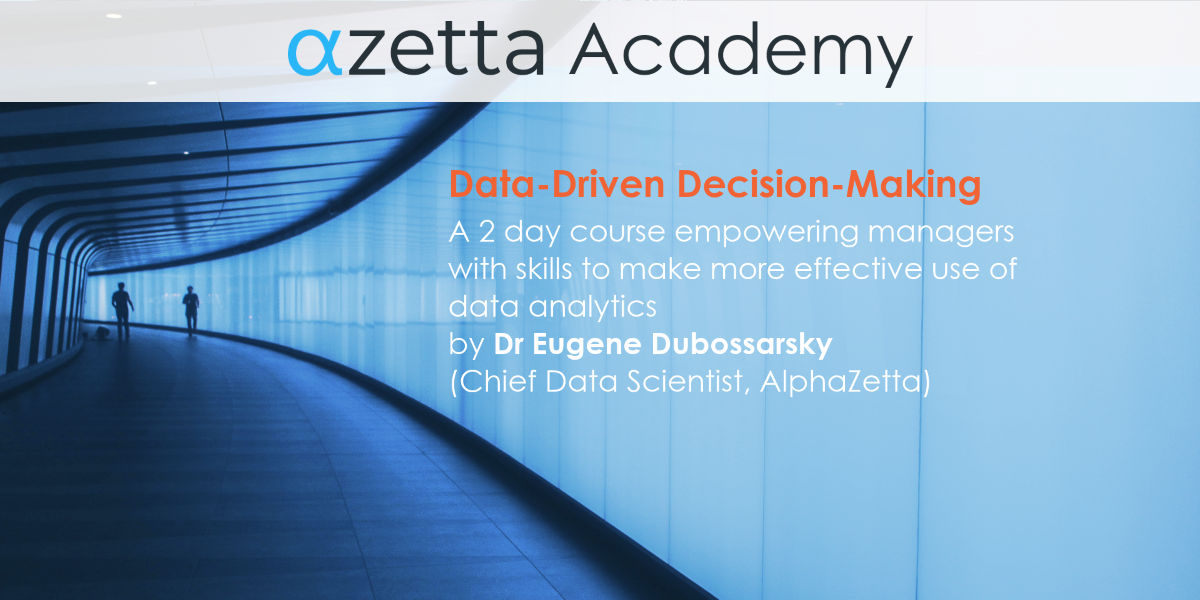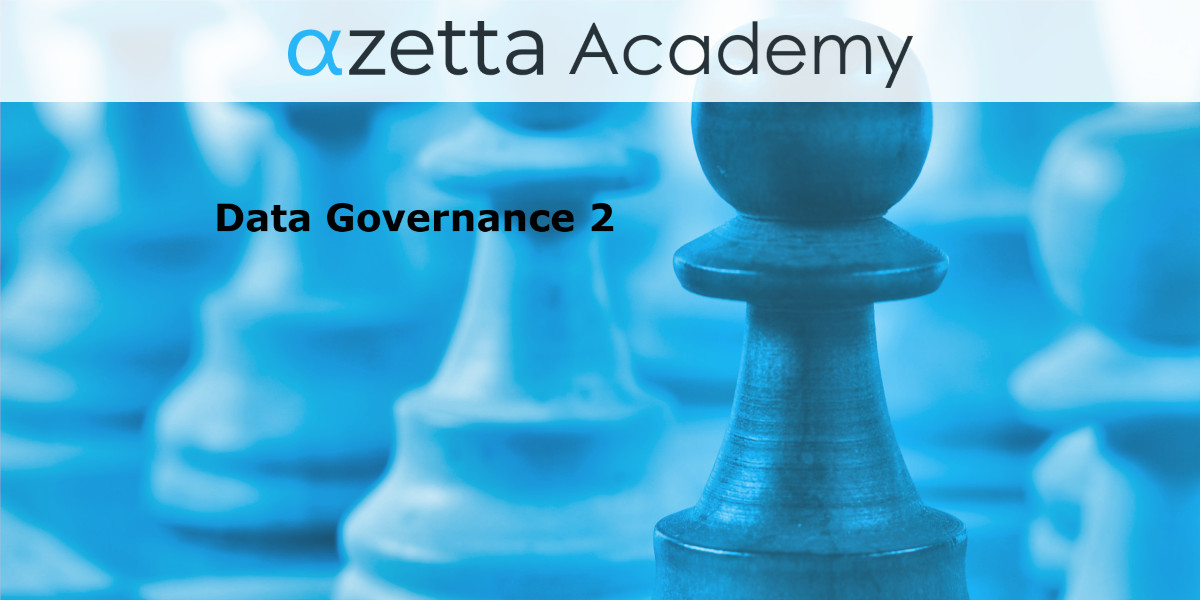Data Governance I
This two day course provides an informed, realistic and comprehensive foundation for establishing best practice data governance in your organisation. Suitable for every level from CDO to executive to data steward, this highly practical course will equip you with the tools and strategies needed to successfully create and implement a data governance strategy and roadmap.








